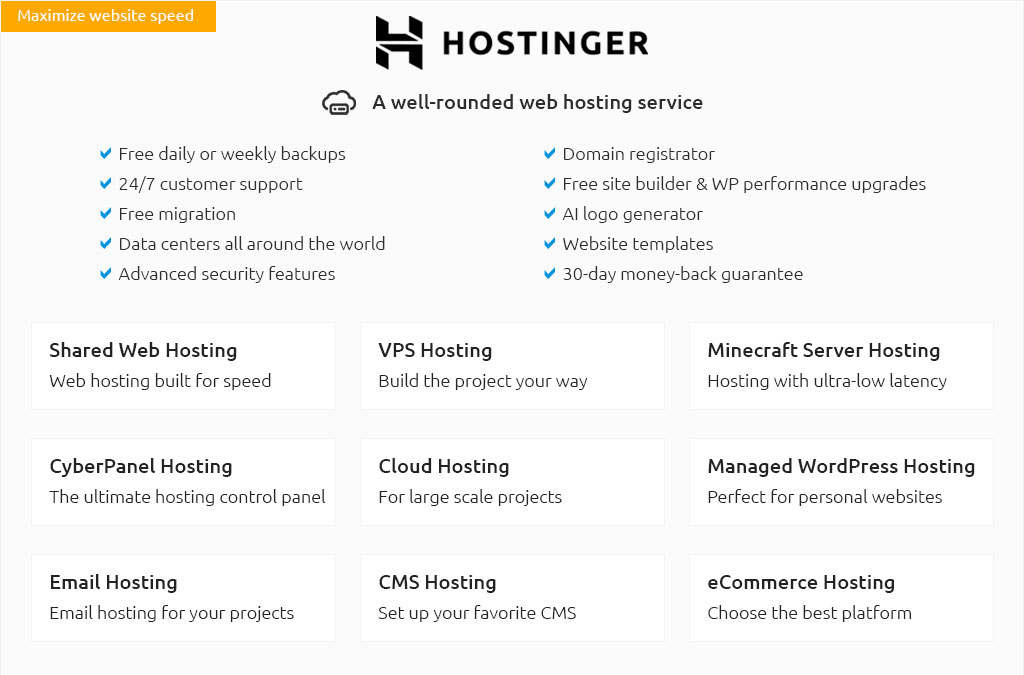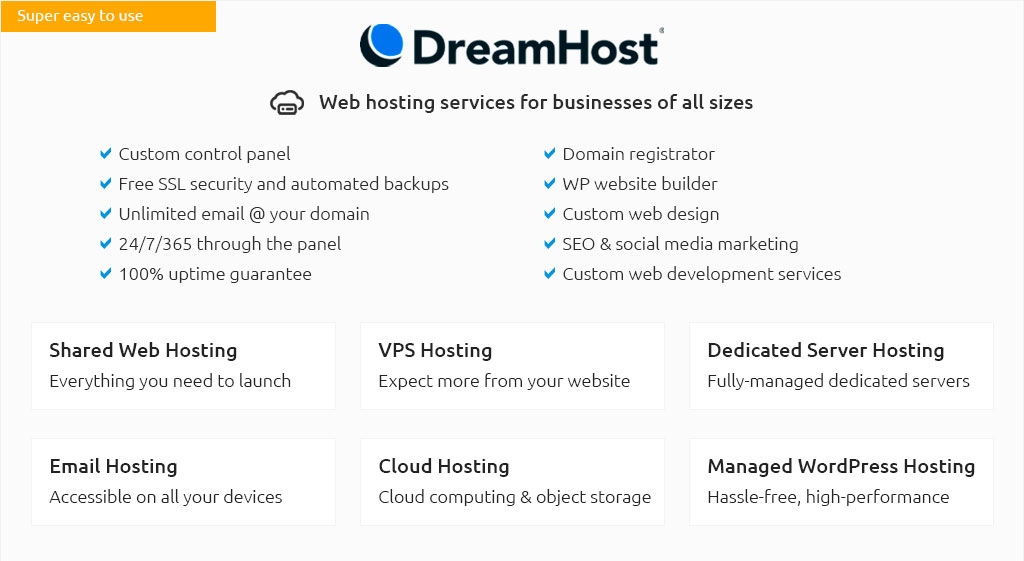 |
|||
 |
 |
 |
|
 |
|
 |
 |
 |
|||
 |
|||
 |
|||
 |
|||
 |
 |
|
Discover the future of online presence with our comprehensive web hosting reviews, where Linux hosting reigns supreme-unmatched in stability, security, and flexibility, it's the powerhouse behind the world's most dynamic websites; whether you're a seasoned developer or a digital novice, our expert insights cut through the noise, guiding you to the perfect Linux solution to supercharge your online ambitions, all with the confidence of industry-leading performance and unmatched uptime, because when it comes to your digital footprint, settling for less isn't an option, and we ensure you don't have to.
https://www.godaddy.com/help/web-hosting-cpanel-1000004
Check out our tour of your account Dashboard, WordPress, and cPanel. Discover Linux Hosting with cPanel Browse a list of Linux Hosting articles and learn to ... https://hostway.com/linux-web-hosting/
Linux Web Hosting That Works. Give your website a new home. Rest easy while your website is hosted in a secure Linux environment. https://www.bluehost.com/blog/what-is-linux-hosting/
This guide will examine every aspect of Linux hosting, covering its benefits, features, comparisons with other hosting options, key terminologies, best-use ...
|